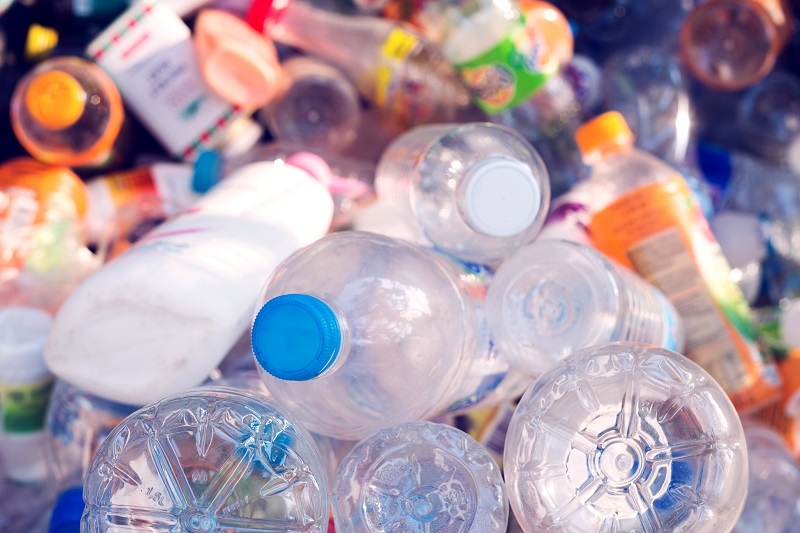Drastic measures urged to curb rise in plastic usage
 |
| Drastic measures urged to curb rise in plastic usage (shutterstock) |
Deputy Minister of Natural Resources and Environment Le Minh Ngan said at the SEA of Solutions 2020 event in Hanoi that ASEAN nations currently face harsh impacts of climate change and marine waste, especially plastics.
According to Ngan, the government has focused more attention on the issue in recent times, as illustrated with Decision No.1746/QD-TTg in 2019 on promulgation of the National Action Plan for marine plastic waste management until 2030.
By 2025, Vietnam has set a target of 50 per cent reduction of plastic waste entering the sea and ocean areas, while a goal has been set for 80 per cent of coastal areas, tourist attractions, tourist accommodation, and other tourist service establishments to refrain from use of disposable plastic products and persistent plastic bags in the same timeframe.
SEA of Solutions is an annual event covering the debate on plastic pollution, convened by the United Nations Environment Programme and the Coordinating Body on the Seas of East Asia, through the SEA Circular project supported by the Swedish government. The COVID-19 pandemic has caused new and extraordinary challenges, threatening public health, the economy, and the environment. Efforts to preserve life and prevent contagion, such as wearing masks and maintaining physical distancing remain important measures. However, repercussions are all being felt in the increased use of hand sanitisers and protective equipment; a resurgence in the use of plastics including single-use bags; extensive use of food delivery services and e-commerce; and delays or reversals in plastic bag bans.
Waste disposal systems are overwhelmed, and a large volume of plastic is finding its way to the sea, Ngan warned, and getting back on track with policies and programmes towards reducing plastic waste and increasing recycling is a major challenge.
“The pandemic has slowed the nation’s fight against plastic waste around the world. It has caused economic recession as well as made it difficult to transform production and consumption patterns around the world. We need to take these changes into account in the region’s fight against plastic waste,” he said.
Caitlin Wiesen, resident representative for the United Nations Development Programme (UNDP) in Vietnam said, “Resisting marine plastic waste means we are doing our part for a sustainable marine economy. The UNDP is working with the governments of Vietnam and Norway on a national summit on sustainable marine economy and climate change adaptation.”
The event is scheduled to be held in 2021.
Wiesen added, “We see a great opportunity for Vietnam and regional partners to change from one of the countries with the most severe plastic pollution globally, to becoming one of the leading areas in waste disposal initiatives. We need to act now before it’s too late, to save the planet for us and to also work towards sustainable development.”
What the stars mean:
★ Poor ★ ★ Promising ★★★ Good ★★★★ Very good ★★★★★ Exceptional
 Tag:
Tag:
Related Contents
Latest News
More News
- NAB Innovation Centre underscores Vietnam’s appeal for tech investment (January 30, 2026 | 11:16)
- Vietnam moves towards market-based fuel management with E10 rollout (January 30, 2026 | 11:10)
- Vietnam startup funding enters a period of capital reset (January 30, 2026 | 11:06)
- Vietnam strengthens public debt management with World Bank and IMF (January 30, 2026 | 11:00)
- PM inspects APEC 2027 project progress in An Giang province (January 29, 2026 | 09:00)
- Vietnam among the world’s top 15 trading nations (January 28, 2026 | 17:12)
- Vietnam accelerates preparations for arbitration centre linked to new financial hub (January 28, 2026 | 17:09)
- Vietnam's IPO market on recovery trajectory (January 28, 2026 | 17:04)
- Digital economy takes centre stage in Vietnam’s new growth model (January 28, 2026 | 11:43)
- EU Council president to visit Vietnam amid partnership upgrade (January 28, 2026 | 11:00)






















 Mobile Version
Mobile Version